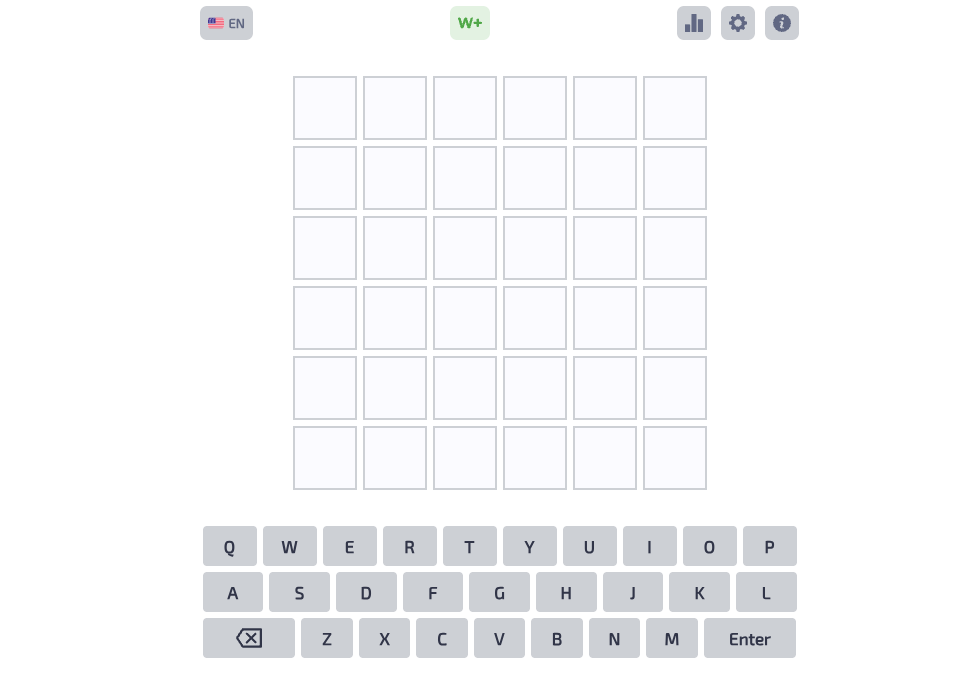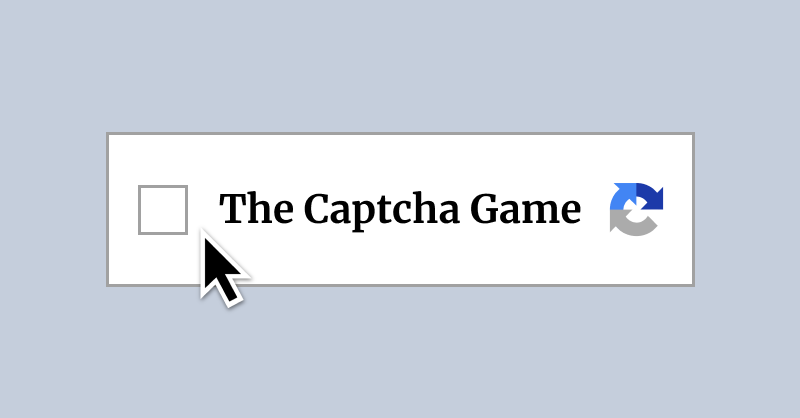Every mundane task is being scored
Keep exploring
Keep your Bloxd io momentum going with more parkour trainers, builder sandboxes, and PvP standouts.

Water Color Sort

BLOODMONEY 2

Underwheels

Slope Rider

Sort the Court!

Wordle 2

Royaledle

Hollow Knight

The Captcha Game

Take Care of Your Own Hollyberry
Human Expenditure Program – Psychological Horror Routine
A quiet routine that watches back
Human Expenditure Program places you in a sterile observation suite where Harvey Harvington depends on your care. You brush teeth, plate meals, sort meds, and tidy rooms, all while a silent ledger tracks every hesitation and shortcut. The horror emerges not from jump scares but from the realization that ordinary kindness can be quantified, gamified, and weaponized against you. In Human Expenditure Program, the UI hums with pastel calm even as subtle glitches, audio stings, and cryptic evaluations hint that something colder than bureaucracy is judging both caregiver and patient.
What the program wants versus what Harvey needs
Across short sessions, Human Expenditure Program asks you to choose between perfect compliance and human warmth. Timers nudge you forward; prompts demand exact motion; reports reduce messy intentions to neat scores. You will feel the pull to min-max the routine, yet the more you optimize, the more the system frames your empathy as inefficiency. Human Expenditure Program turns checklists into ethical puzzles, where the right action is rarely the fastest one, and where speed can feel like neglect dressed up as discipline.
How the scoring seeps into your choices
Every screen in Human Expenditure Program has a hidden arithmetic. The brush must travel just so, the pan must simmer to a temperature, the pillbox must align without spillage. You will sense the audit even before the daily summary appears. Pause too long and the interface trembles. Rush and the audio clicks against your nerves. Human Expenditure Program keeps you suspended between calm precision and creeping dread, teaching you that being watched changes how you move, and being measured changes why you move.
Minute-to-minute tension
Gameplay unfolds as compact minigames with escalating expectations. In Human Expenditure Program, brushing becomes a choreography; cooking becomes a timing drill; arranging meds becomes a logic grid. The tasks feel easy until you notice the grading curve. The next day starts, the standard tightens, and your previous performance recontextualizes itself as merely acceptable. Human Expenditure Program thrives on that uneasy escalation—never unfair, always precise, but increasingly unforgiving of your humanity.
Empathy versus efficiency
Most horror games threaten your life. Human Expenditure Program threatens your values. It tempts you to click past conversation, to skip a small comfort, to shave seconds from a gesture that mattered to Harvey. The ledger loves speed, yet the story responds to care. As Human Expenditure Program advances, reports dissect your behavior with bloodless language, rewording tenderness as latency and framing compassion as variance. You will start to wonder whether you are optimizing a human being out of the picture.
Audio, UI, and the dread of neatness
Sound cues in Human Expenditure Program are sparse but surgical: a microscopic chime for approval, a thin static when the system frowns. The palette stays soft, the fonts friendly, and that’s precisely why it chills; the presentation insists nothing is wrong while the subtext screams that everything is wrong. Over time, Human Expenditure Program makes the clean dashboard feel like a mask you can’t remove.
Accessibility and control clarity
Controls remain simple—mouse input for dragging, holding, timing, and discrete clicks—so the friction in Human Expenditure Program never comes from learning buttons. It comes from intent. Because tasks are clear, the consequences land harder. When you misplace a pill or serve a meal early, you know it isn’t the interface; it’s you choosing speed, and Human Expenditure Program will remember.
Tips for your first run
First, slow down. Human Expenditure Program rewards consistency over bursts of speed. Watch the prompt animations once before acting; they often encode the exact rhythm you need. Second, treat the evaluation screens as narrative, not just scoreboards. They foreshadow future demands and hint at branches. Third, accept failure as data. In Human Expenditure Program, a B-grade day can unlock a line of dialogue or a scene that an A-grade sprint would skip, and those moments matter when the ledger faces the limits of its own certainty.
Why the experience lingers
Human Expenditure Program is small by design, the kind of story that fits into an evening but echoes for days. It sticks because it reframes how we read systems. The routine is never exotic; it’s familiar—dishes, hygiene, schedules—and the audit feels like any modern dashboard, a set of numbers meant to comfort us into trust. The twist is realizing that metrics can flatten a person, and that you helped. In Human Expenditure Program, the horror isn’t a monster in the room; it’s the polite chart on the wall, the one you kept trying to please.
Who will love this
If you enjoy narrative experiments, patient mechanics, and moral pressure delivered with a light technological touch, Human Expenditure Program is tuned for you. Fans of minimalist sims and psychological horror will find a compact, replayable loop that values interpretation over spectacle. The game’s restraint invites you to project your own anxieties onto its screens, and Human Expenditure Program offers just enough ambiguity to make those projections feel uncomfortably plausible.
Replay to face the ledger again
Endings branch according to patterns, not just isolated successes. Across multiple days, Human Expenditure Program tallies more than punctuality; it observes tendencies—your bias for speed, your tolerance for deviation, your willingness to sacrifice reassurance for neat results. On subsequent runs, you can lean into different instincts and watch how the summaries change. Human Expenditure Program does not punish exploration; it invites it, challenging you to locate a balance that feels ethical rather than merely efficient.
Final thought
In the end, Human Expenditure Program is a mirror polished to a clinical shine. It reflects how easily a caring routine can be turned into an exam, and how quickly an exam can become doctrine. As you close the tab, you may find yourself moving slower in your own kitchen, giving an extra beat to a small kindness, resisting the itch to optimize the moment away. That’s the quiet victory the game hopes you’ll carry—proof that a score is not the same as a life, and that even inside Human Expenditure Program, you can choose what kind of person you’re training yourself to be.
Every mundane task is being scored is ready to play
Perform daily care tasks under surveillance, balance empathy with efficiency, and unlock branching endings as a sterile audit judges every click and choice.
Share Every mundane task is being scored
Spread the word, invite friends, or bookmark this page to revisit the story whenever you need it.